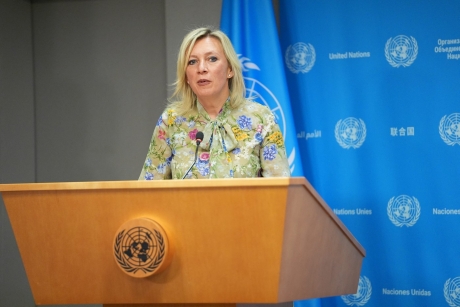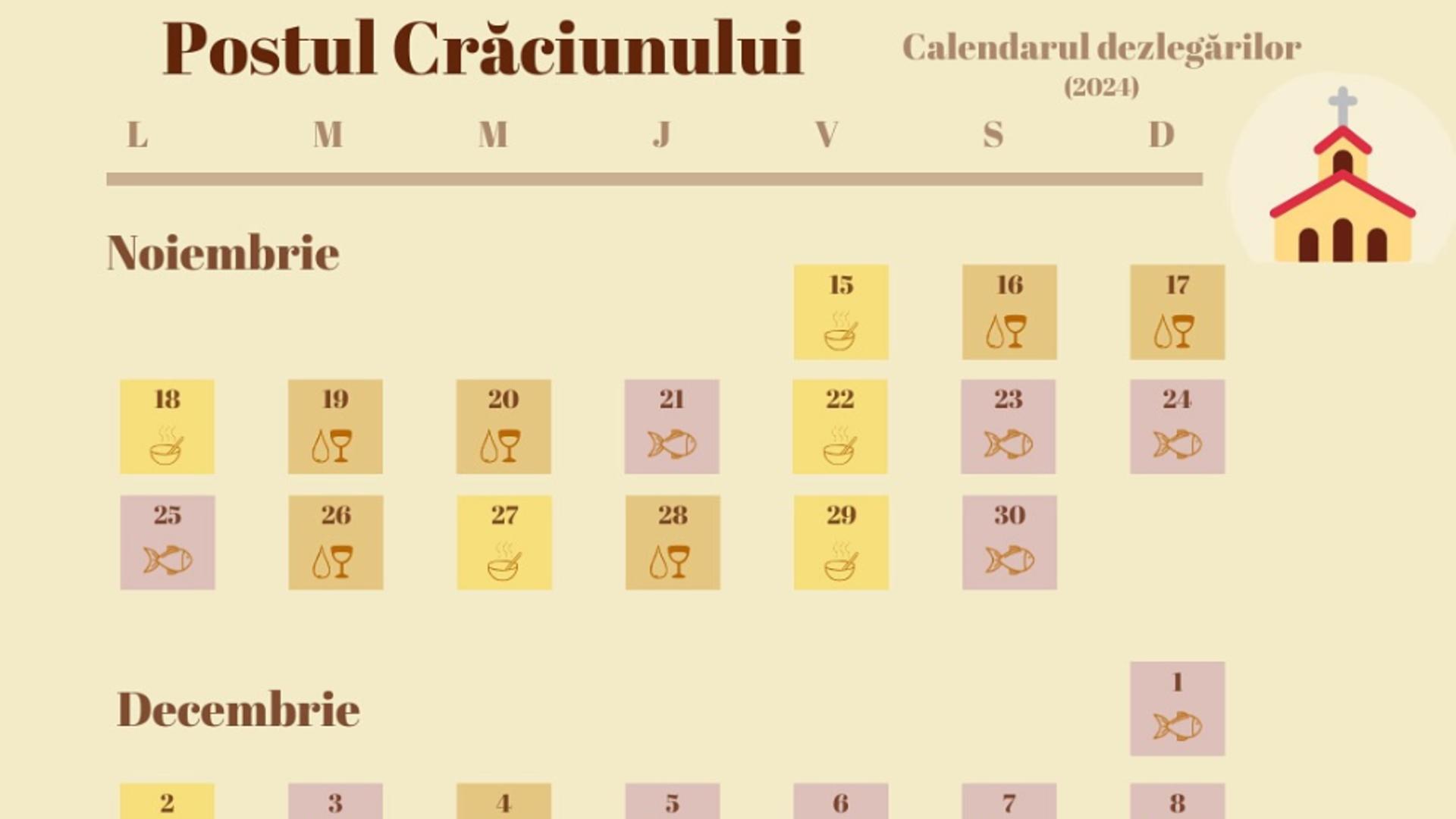Romania is not immune to a stagnant eurozone but continues to show greater resilience than most of its European partners, according to a report by Wood & Company, the largest brokerage company in Central and Eastern Europe, consulted by Ziarul Financiar.
"The mix of economic growth has shifted towards investment and away from consumption, but this is set to reverse next year, propelling growth to 2.5%, up from 1.8% this year."
Inflation is on a gradually downward trajectory, which should create room for monetary easing starting in July at the earliest, but a return to the 2.5% target is not expected to be in sight until 2026, the Wood & Company report reads.
"With this in mind, we expect the National Bank of Romania (BNR) to cut the benchmark interest rate by 100 basis points to 6% next year, then gradually by 225 basis points to 3.75% by the end of 2025. This implies that 10-year yields will most likely be in the 7-7.5% range next year, which we consider to be an attractive investment given the stable currency and a growing number of European households oriented more and more towards the reallocation of savings towards products with a higher yield."
(Photo source: Antonyesse/Dreamstime.com)

 acum 11 luni
45
acum 11 luni
45























 English (US) ·
English (US) ·  Romanian (RO) ·
Romanian (RO) ·